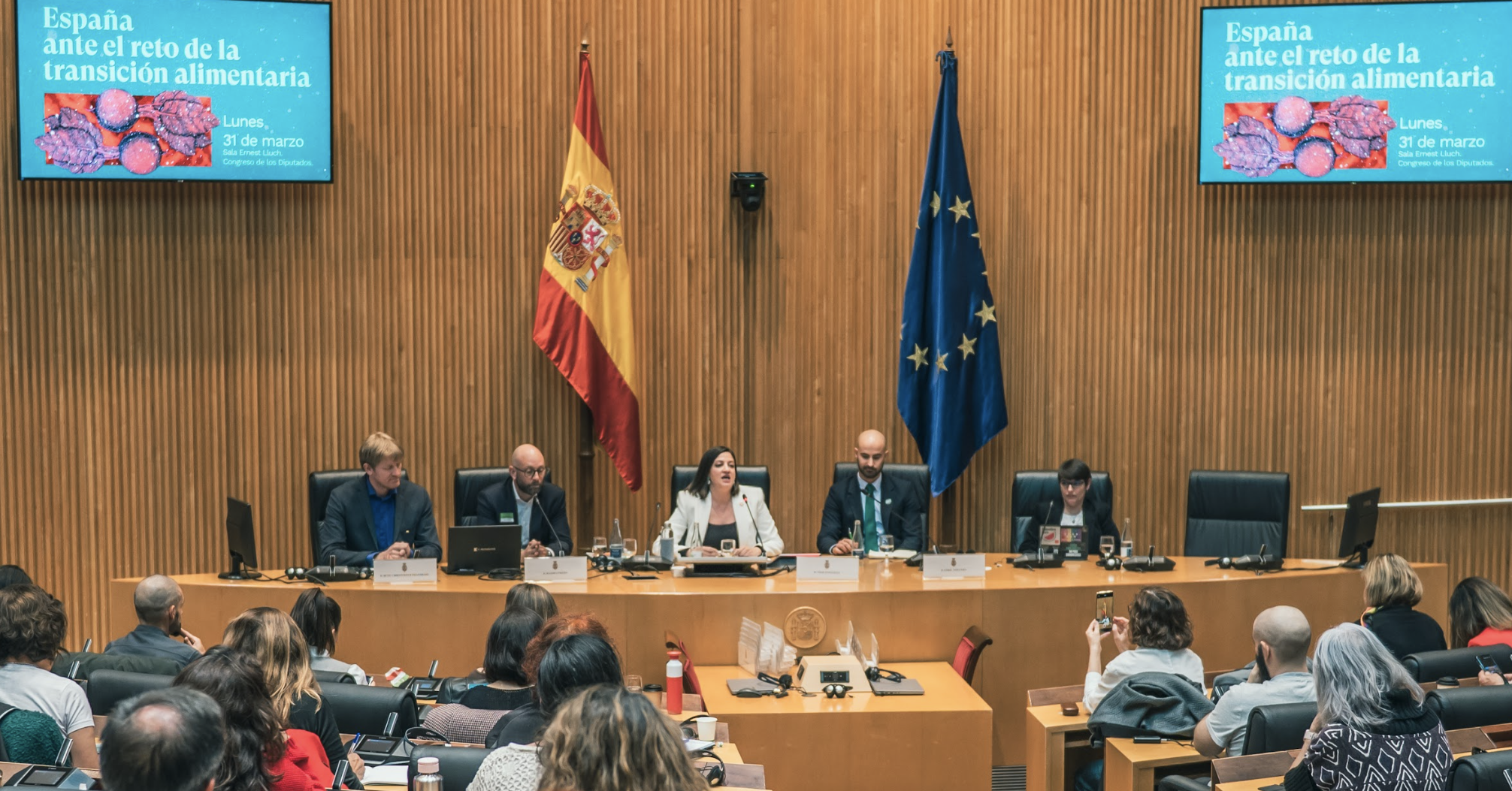We are pleased to announce that Ilknak Aquaculture, one of the fully integrated producers of the global and Mediterranean farmed fish industry, has committed to our fish welfare commitment which includes electrical stunning. Ilknak had already been meeting the standards outlined in our commitment, including the use of electrical stunning, and agreed to publish a formal written commitment. The company operates 3 sea bass and sea bream farms in Türkiye.
Commitment link: Ilknak welfare policy
You can read the commitment under the “Sustainability” section on their website through the link above.
“We undertake to keep species-specific breeding conditions at an optimum level during fish farming, to keep the stock density at a maximum of 15 kg/m3, and to consider the welfare of fish in feeding and live fish transfer.”
Scale: Türkiye, Ilknak Aquaculture Group produces approximately 4,000 tons of sea bass and sea bream which approximately equals to 10 million fish.
Timeline: We first reached out to İlknak a year ago while preparing our fish welfare report. Although they couldn’t participate in the report, they attended our launch event, which initiated our communication. After a few months of no progress, we changed the contact person and successfully re-established dialogue. İlknak then confirmed that they were already using electrical stunning and meeting other aspects of our fish welfare standards and were willing to commit to a written policy.
Who: Future For Fish
Unsuccessful Tactics: We spent approximately six months in ineffective communication with the initial contact person. After identifying a new contact, we restarted our communication, which ultimately led to securing their commitment.
Successful Tactics: Changing the contact person when communication stalled proved to be a key tactic for success. The fact that their competitors had already made this commitment led them to admit that they should have done it long ago.
Please don't hesitate to reach out to me if you need further information. Thank you!


